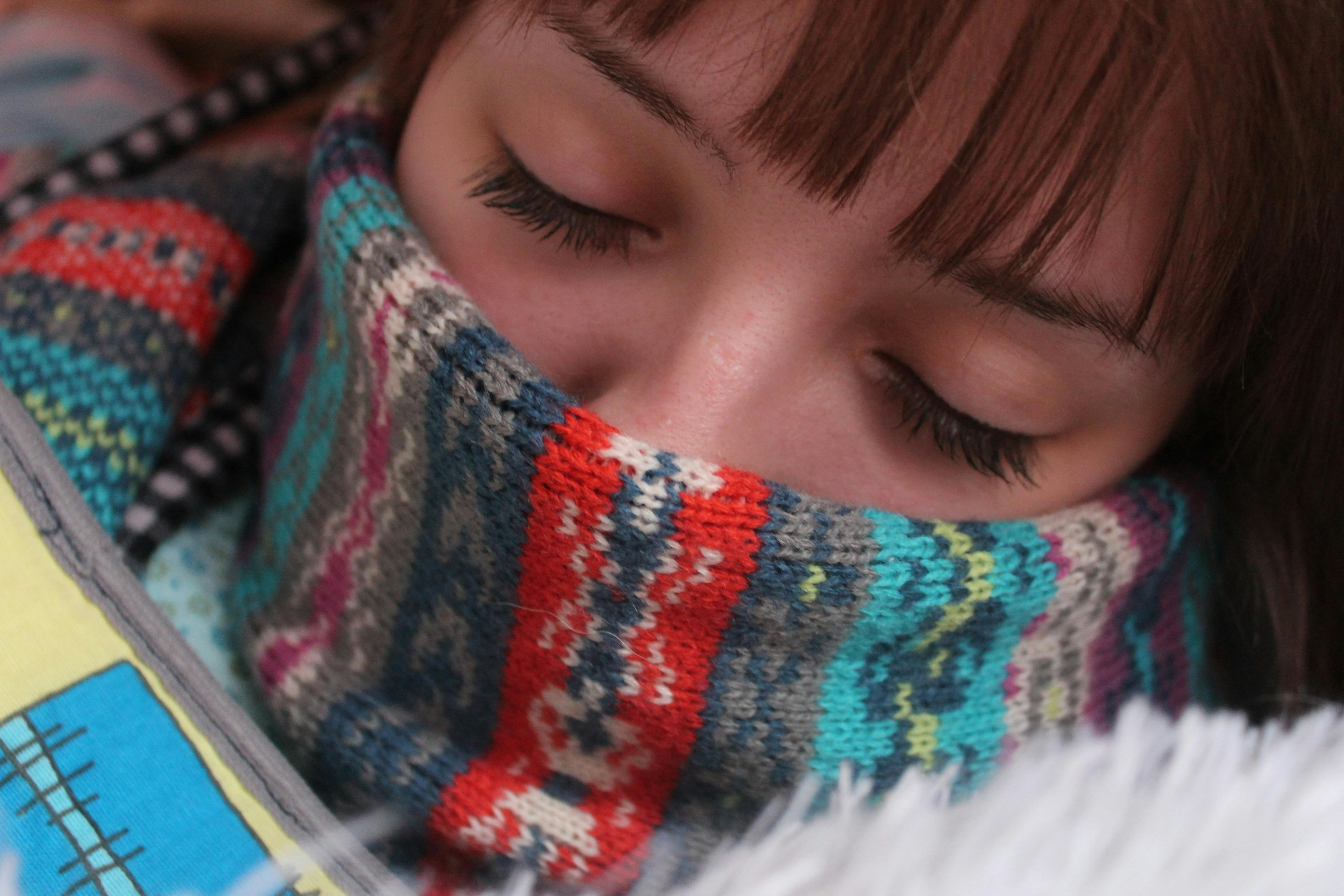Each season comes with its own unique set of healthcare challenges. However, the winter seems like it is especially infectious with the prevalence of viruses and diseases in cold weather.
The harsh weather, piles of snow, and other seasonal effects of winter have a significant impact on your physical health and your immune system.
Below we’ve put together a list of common winter-related health issues that you may experience. Included are some quick prevention tips to keep you healthy!
Limited physical activity and inactivity during winter poses many health risks
During the winter, it may seem like you’re never moving as much as you did before. This is likely caused by the perpetual cold temperatures, heavy snowfall, and other factors that keep you indoors.
But remaining inactive during the winter comes with a slew of health risks. Inactivity can lead to increases in weight gain that contributes to worsened cardiovascular health, obesity, and even serious heart disease.

To keep active during the winter, try joining a nearby gym or fitness class. Also try doing some light aerobics and at-home exercises such as stretching, yoga, sit ups, push ups, pilates, and similar activities in case you can’t get to the gym. Talk with a friend, family member, or personal trainer about ways to remain active during winter.
In addition, the American Heart Association provides a variety of quick fitness solutions to keep you active during cold season.
Cold weather in winter can lead to increased heart attack risk
Did you know that your chance of heart attack drastically increases because of cold weather?
A helpful guide from Harvard Medical School explains that as cold weather restricts the supply of oxygen-rich blood to your heart, overexertion from shoveling or physical increases the need for oxygenated blood.
Basically, overexertion in cold weather makes it harder for your body to pump blood effectively and can lead to a potential heart attack.
Make sure to always pace yourself when removing snow or shoveling to lower your risk of heart attack. Take several breaks indoors to regulate your temperature and lower your heart rate.
Cold weather can also increase your risk of hypothermia without adequate layers
On top of heart attack, cold weather can also increase your risk of hypothermia, frostbite, and other types of significant health risks without the right clothing.
Hypothermia can be especially dangerous because it can shut down many of your major organs, according to the Mayo Clinic. Hypothermia is when the body’s internal systems are lowered to a point where nervous functions and other organs stop working.
Preventing hypothermia is relatively simple. Make sure to bundle up appropriately when the temperature is freezing or below. Always have an outer layer such like a coat and a solid inner layer during the winter.
When the temperature hits an extreme low, make sure to also have a middle layer like an extra sweatshirt or jacket.
Seasonal illness and influenza are still a major health concern in winter

We mentioned it at the start, but it is important to remember that seasonal illnesses and influenza are still the most common health concerns during wintertime.
The flu quickly spreads in winter because more people stay indoors and the virus can survive longer in colder environments. In addition, the flu is most likely to spread as people sneezing, cough, and share public spaces.
Prevent the flu by first getting your flu shot. The flu shot is a specialized vaccination that helps your immune system learn to fight the latest flu strain. Influenza changes annually, which requires a patient to get a newly updated flu shot each year.
You can also prevent the flu by washing your hands regularly, limiting contact and shared items with infected individuals, and by using hand sanitizer after touching surfaces like doorknobs and hand railings.
Keep these four tips at the top of mind to stay healthy during the cold season!
If you need a flu shot, visit one of our AFC Denver locations for a fast and convenient flu vaccination. There is no need for an appointment: just walk into one of our four clinics and get your shot within minutes.
You can also reserve your spot online at our following locations in the greater Denver area:
AFC Urgent Care – Cherry Creek
AFC Urgent Care – Denver Speer


